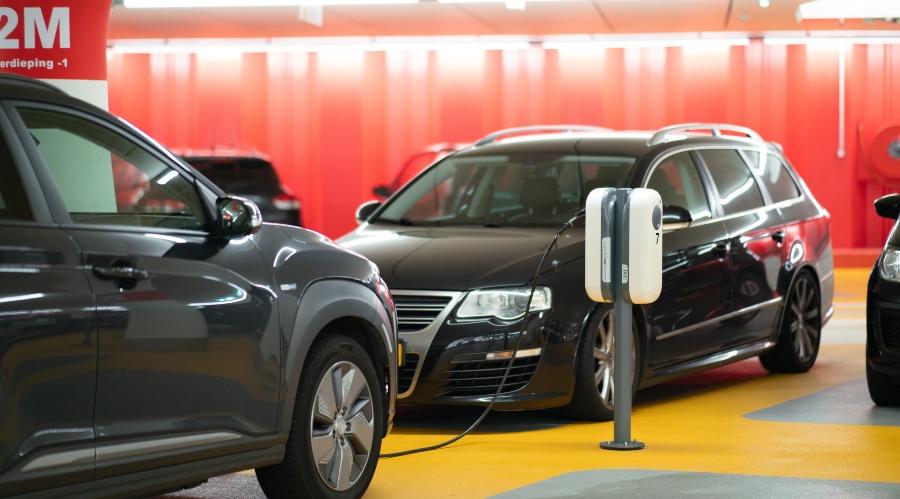
Hydrogen fuel cell vehicles, more commonly known as FCEVs, are giving traditional EVs a run for their money. Both types are becoming more ubiquitous worldwide, with many countries setting goals to eliminate internal combustion engines (ICEs) in the next few decades. However, it’s unclear whether FCEVs or EVs are safer.
A Comparison: FCEVs vs. EVs
According to the U.S. Energy Information Administration (EIA), the number of EVs hitting the road will likely increase, peaking by 2038. It’s predicted that around 672 million EVs will be in use by 2050.
It’s quite a different picture for FCEVs. Several manufacturers are exploring the possibility of building affordable, efficient and safe FCEVs. However, these vehicles are only available in some areas of the country, such as in California, where hydrogen fueling stations are located.
FCEVs and EVs have some similarities — they both use similar propulsion systems and produce zero tailpipe emissions, making them a more eco-friendly alternative to ICE vehicles. Instead of using stored energy from a battery like in an EV, FCEVs are powered by pure hydrogen gas stored in a tank.
One benefit FCEVs have over EVs is that drivers can refuel in less than four minutes, and FCEVs have a 300-mile driving range, which is much greater than EVs. However, which type of vehicle is safer for drivers and passengers?
Safety Concerns With FCEVs
According to a report from the International Consortium for Fire Safety, Health and the Environment, there are two primary concerns with using hydrogen fuel cells for vehicles: the danger of electrical shock and the flammability of hydrogen.
Fuel cells power vehicles through an electrochemical reaction process, where hydrogen gas and oxygen combine to produce water and electrical energy. Since modern cars run on such high electrical currents to function, the danger of someone experiencing electric shock is great.
Hydrogen gas is also highly flammable and can cause explosions or fires if not handled properly. However, so is the fuel used to power conventional ICE vehicles. Therefore, manufacturers could design FCEVs to be just as safe as traditional cars or EVs. All fuels have some inherent degree of flammability, according to the U.S. DOE.
Safety Concerns With EVs
EVs are just as safe as conventional vehicles, except when they’re put in poor weather conditions. For example, Hurricane Ian in Florida highlighted the dangers associated with EVs when there were significant floods in the Fort Myers area.
Various flood mitigation strategies can be used, such as parking in a high structure to avoid water damage from flooding. However, it’s still a concern for many EV owners and potential buyers. Flooding can cause a thermal runaway phenomenon in EVs when a lithium-ion battery enters an uncontrollable, self-heating state.
Once the recovery started after Hurricane Ian, some EV owners experienced vehicle batteries overheating and bursting into flames. Firefighting crews spent hours trying to control the fires sparked by EV batteries.
FCEVs vs. EVs: Which Are Safer?
FCEVs are still in their infancy, so it’s hard to know if they’re safer than EVs. It seems as though each one has unique safety concerns that must be addressed before widespread adoption.
Read the most up to date Fuel Cell and Hydrogen Industry news at FuelCellsWorks
One thing for sure is that hydrogen fuel cells will become more popular in the energy industry, so more FCEVs will likely hit the market. EVs and FCEVs could be the vehicles of the future.


Jane Marsh, Contributor
The views and opinions expressed herein are those of the authors and do not necessarily reflect the official policy or position of Fuel Cells Works, its directors, partners, staff, contributors, or suppliers. Any content provided by our contributors or authors are of their own opinion and are not intended to malign any religion, ethnic group, club, organization, company, individual or anyone or anything.




